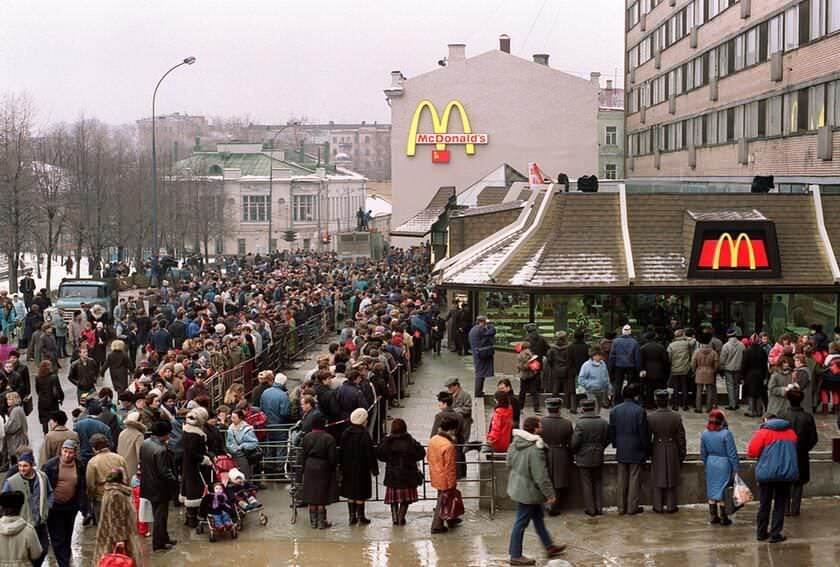1825 The House of Representatives elected John Quincy Adams president, though Andrew Jackson had more popular votes. Those who opposed Jackson combined to support Adams, who was no one’s first choice. A biography of Adams is discussed elsewhere on this blog. He did good work after he left the presidency.
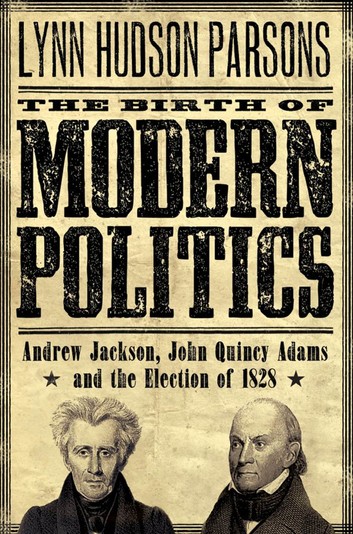
1870 Louis Riel became the head of the Métis provisional government, which then negotiated Manitoba’s entry into Canadian Confederation with the federal government. Riel had led a rebellion against the British uniting, briefly, Indians and French settlers west of Ontario in 1869-1870 and again in 1885 in Saskatchewan. In the latter instance he was hanged. He remains a polarising figure in Canadian history.
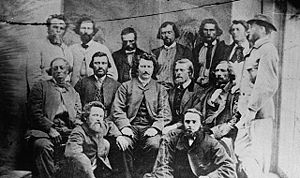
1900 Dwight Davis of St Louis established the Davis Cup for international tennis competition. He thought such competition would improve the game and the players.

1960 The Hollywood Walk of Fame was inaugurated and the first star placed was for Joanne Woodward. A good choice.
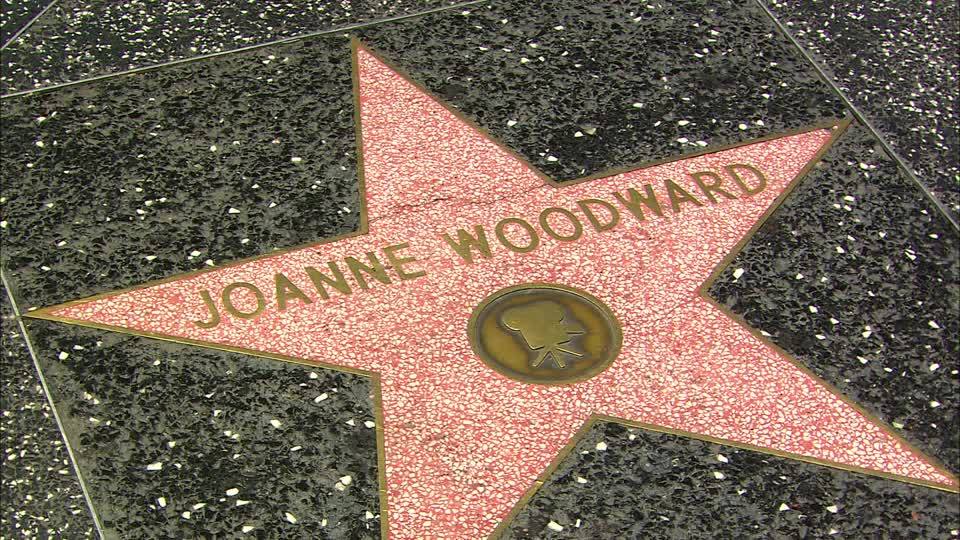
1971 Satchel Paige entered the Baseball Hall of Fame after five decades of strike outs. The Jolter said Paige was the best pitcher he had ever faced. At the time Paige was forty-two and Joe twenty-five, but the latter’s reflexes were no match for the former’s fast ball even at that age. Segregation kept out of baseball until 1948. I saw this Houdini of the horsehide pitch once.
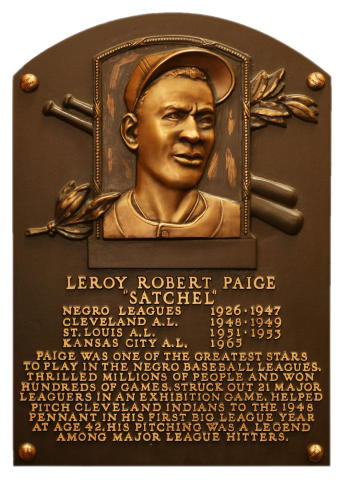
Category: Practice
8 February
1575 The Netherlands, Education: The University of Leiden was founded. I was affiliated it with while a visitor at the Netherlands Institute for Advanced Studies.
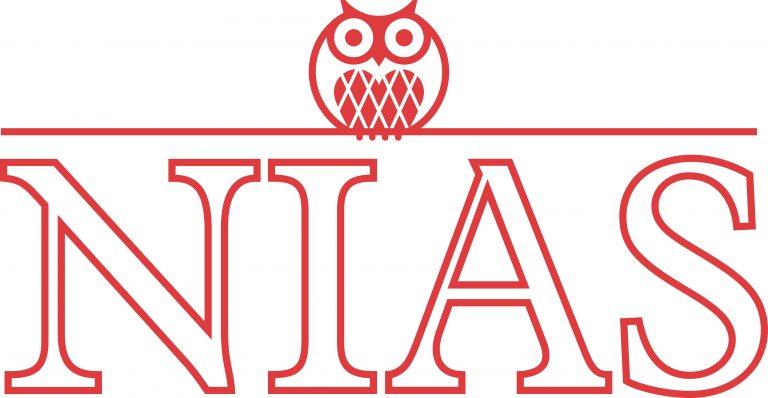
1879 Ottawa, Science: At a meeting of the Royal Canadian Institute, Sanford Fleming proposed to divide the world into twenty-four time zones, representing the hours of the day, taking Greenwich Observatory in England as the zero point, or prime meridian since it was well known to mariners as that. He was a railway engineer who wanted to schedule railway track use and avoid collisions by using a standard time across the continent.
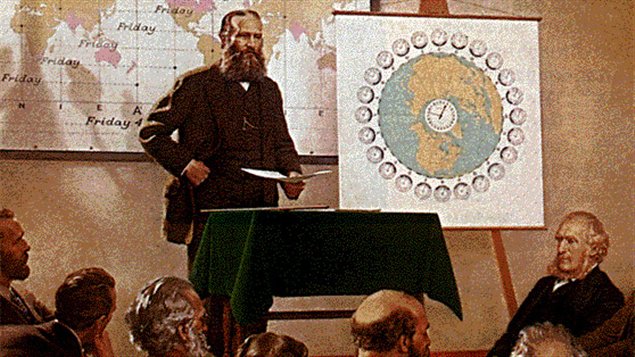
1895 Russia, Music: Tchaikovsky’s revival of ‘Swan Lake’ was presented in St Petersburg. Seen it a few times, once in St Petersburg, and seen its echoes in many other works, including the popular culture. Dancers maybe bored with it but audiences never are.
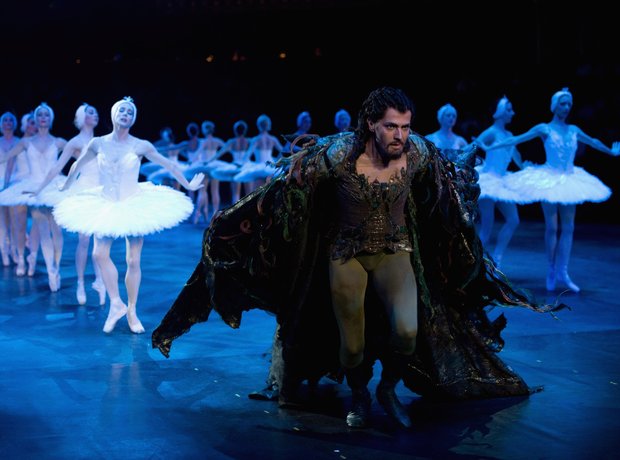
1922 Washington, D.C., Technology: President Warren Harding had a radio installed in the White House. Was he ever sober enough to listen? Not likely. Within a decade Franklin Roosevelt mastered the use of radio to communicate with the fireside chats.
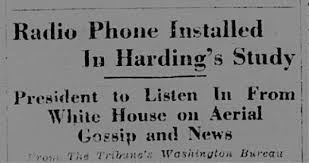
1984 Russia, Space: Soyuz T-10 launched with crew of three to Salyut 7. The Russian film about a later mission to regain control the satellite is called ‘Salyut 7,’ available from Amazon Prime and it is a corker. It is discussed elsewhere on this blog.
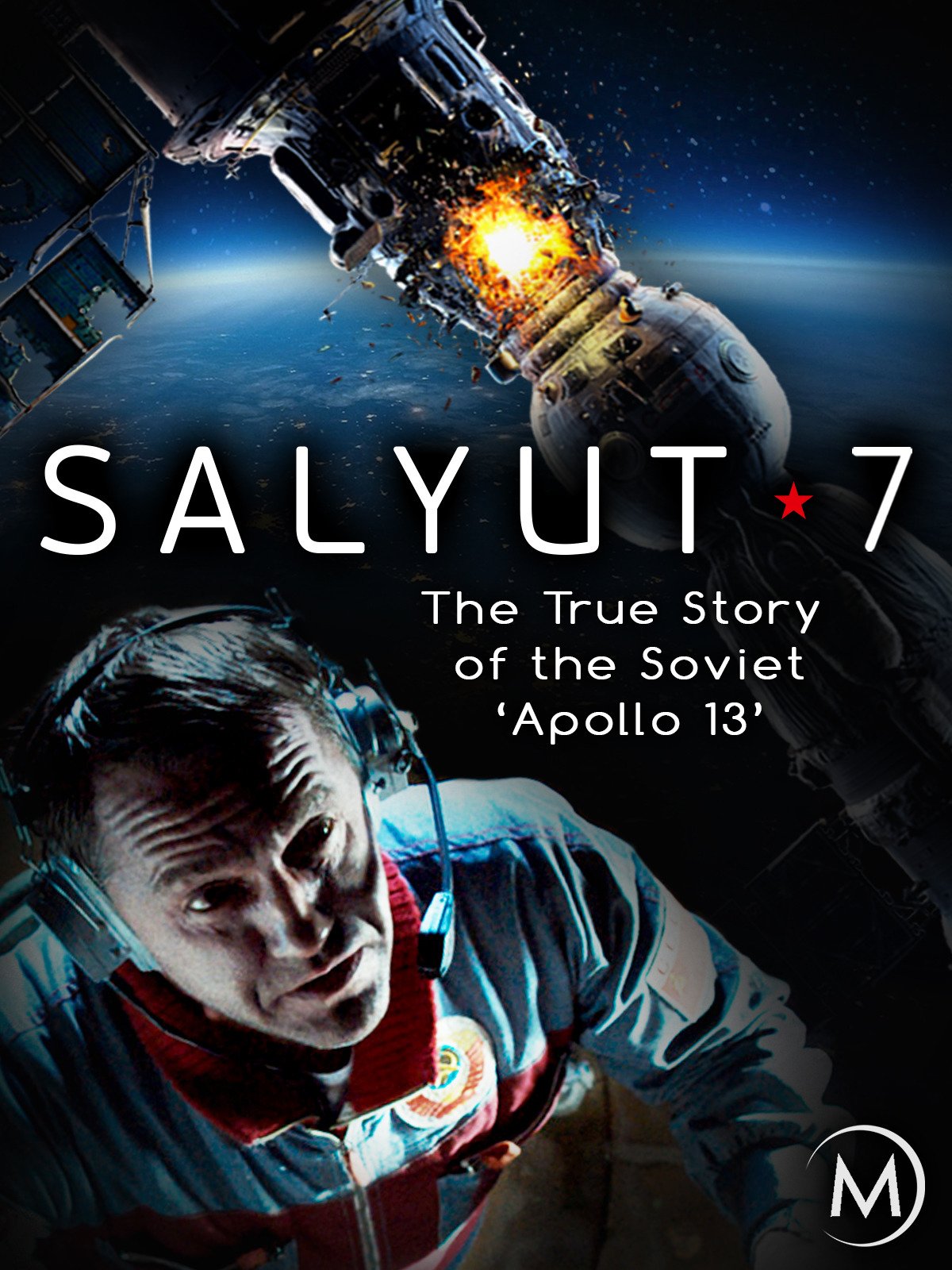
7 February
1238 Russia, History: Mongols occupied Vladimir near Moscow. Vladimir had been the seat of Russian Tsars like the Ivans. The Mongols were keen on acquiring real estate. Strangely enough we have been there. In a monastery there the German officers captured at Stalingrad were interrogated and incarcerated.
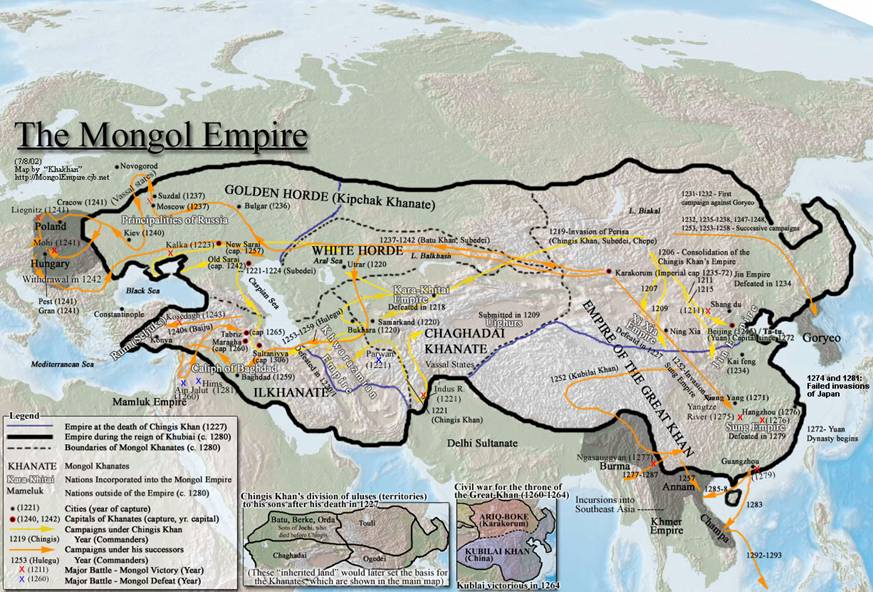
1839 Washington, D.C., Politics: Henry Clay said ‘I’d rather be right than president’ in the well of the Senate. Nonetheless he remained a perennial candidate. He made the remark during negotiations to prevent regional conflict over slavery. His willingness to negotiate and compromise irked many. He was known as ‘The Great Compromiser’ for his continued efforts to broker peaceful relations among the states. He was right and he never became president. The firebrands who preferred war to talk got their way in 1861.
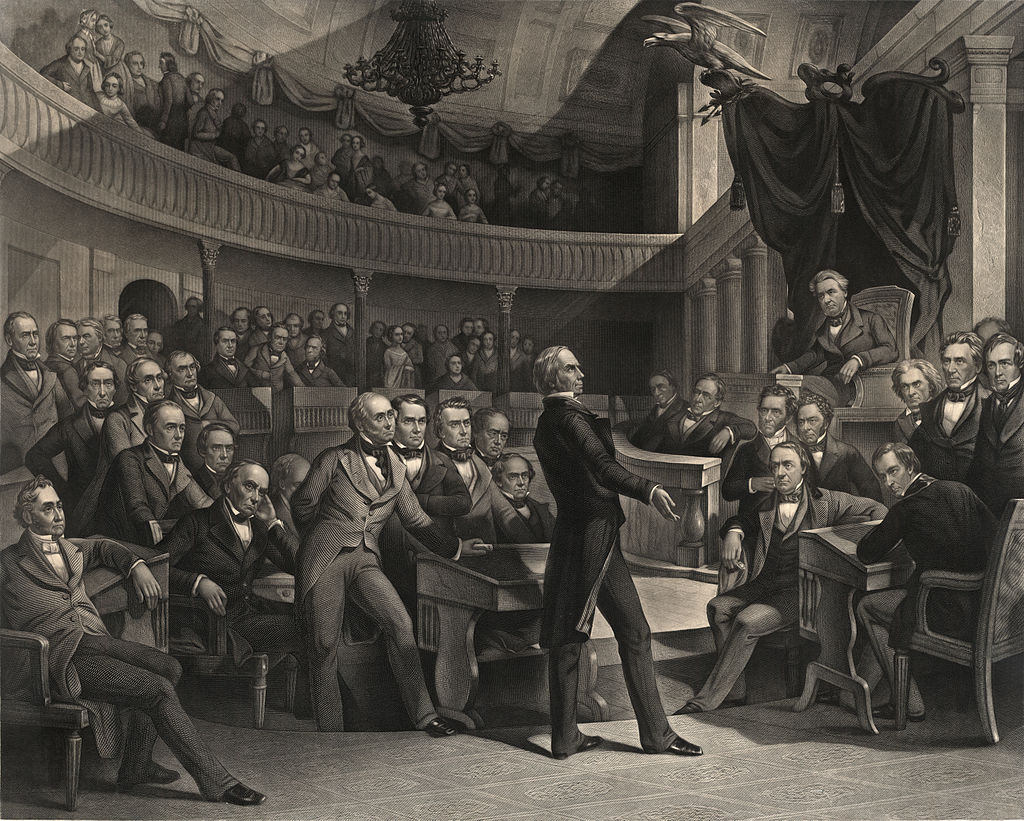
1928 London, Transportation: Making the first solo flight from England to Australia, Bert Hinkler took off from Corydon and landed sixteen days later in Darwin, going on from there to his home town of Bundaberg.
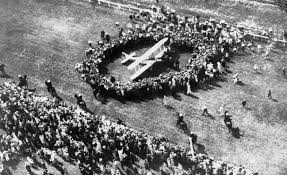
1990 Moscow, Politics: With nary a gunshot, the Central Committee of the Communist Party of the Union of Soviet Socialist Republics endorsed a resolution that read in part that the Party should make ‘no claim for any particular role encoded in the Constitution’ which was in the process of extensive revision thanks to first Secretary Mikhail Gorbachev. The meeting lasted three days and was acrimonious and stormy, to say the least. The change was so quick and sweeping that it took the world by surprise. As usual the journalists were caught napping in hotel bars.

1992 The Netherlands, Politics: Members of the European Union, after centuries of bloody conflicts that engulfed the world, signed the Maastricht Treaty. I spent a day in Maastricht once at the European Institute for Administration. Unlike everywhere else in the Netherlands, Masstricht is not pancake flat. In its end-of-year visual summary in 1992 the ABC ignored this event in favour of a bus crash in India. Such is the news judgement of those sanctimonious keepers of the faith.
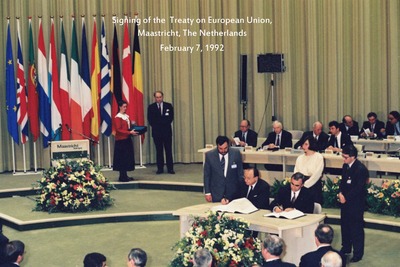
6 February
1819 Sir Thomas Stamford Raffles declared open for business the free trading port of Singapore. His names are ubiquitous in Singapore where I went frequently for work and through which we have passed many times.
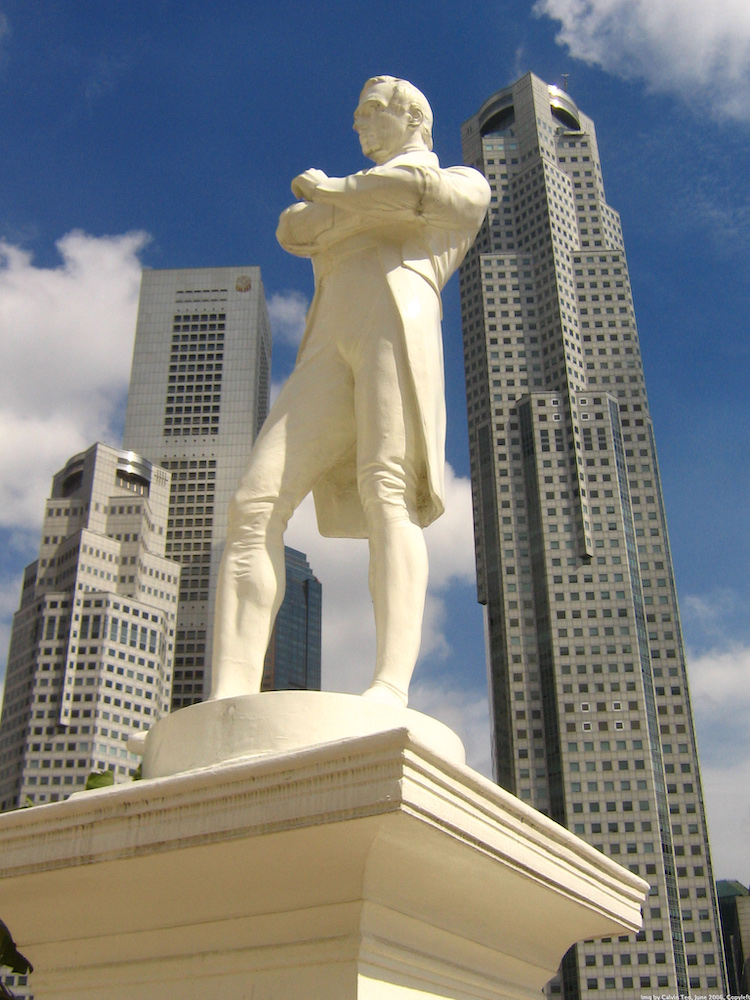
1937 John Steinbeck published ‘Of Mice and Men.’ In the same year he adapted it into a three-act play. The novella and play earned him a national audience. The Nobel Prize came later.
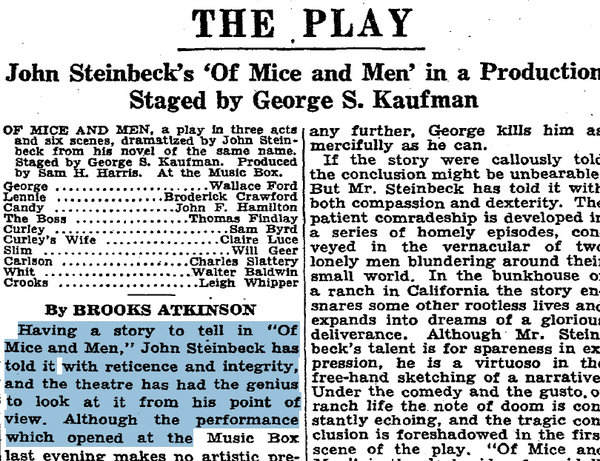
1952 Princess Elizabeth was crowned queen at age twenty-seven after the untimely death of her father King George VI while she was travelling in Kenya.
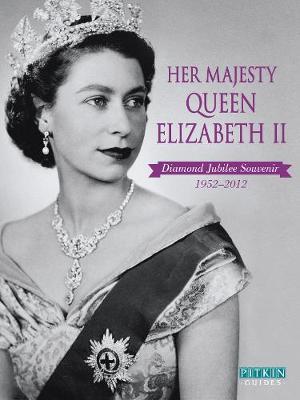
1959 Ed Murrow interviewed Fidel Castro on live television for his series ‘Person to Person.’ A brief excerpt from this interview is on You Tube. Vaguely I recall watching this as a tweenager. A biography of Ed Murrow is discussed elsewhere on this blog.
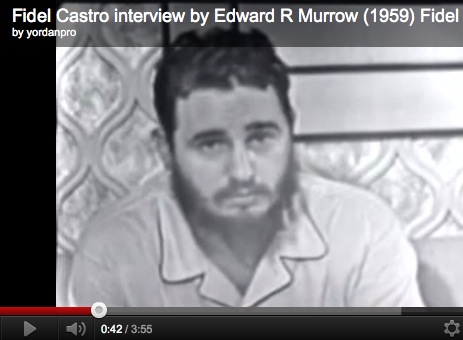
1987 In the USA No Smoking in Federal buildings became law. Hallelujah!

5 February
1869 Victoria, History: World’s largest alluvial gold nugget, the Welcome Stranger, was found by John Deason and Richard Oates (weighting 97.14kg) in Moliagul, Australia, that is in Western Victoria. See the size in the picture below. Another almost as large was found at Ballarat. We have been there.
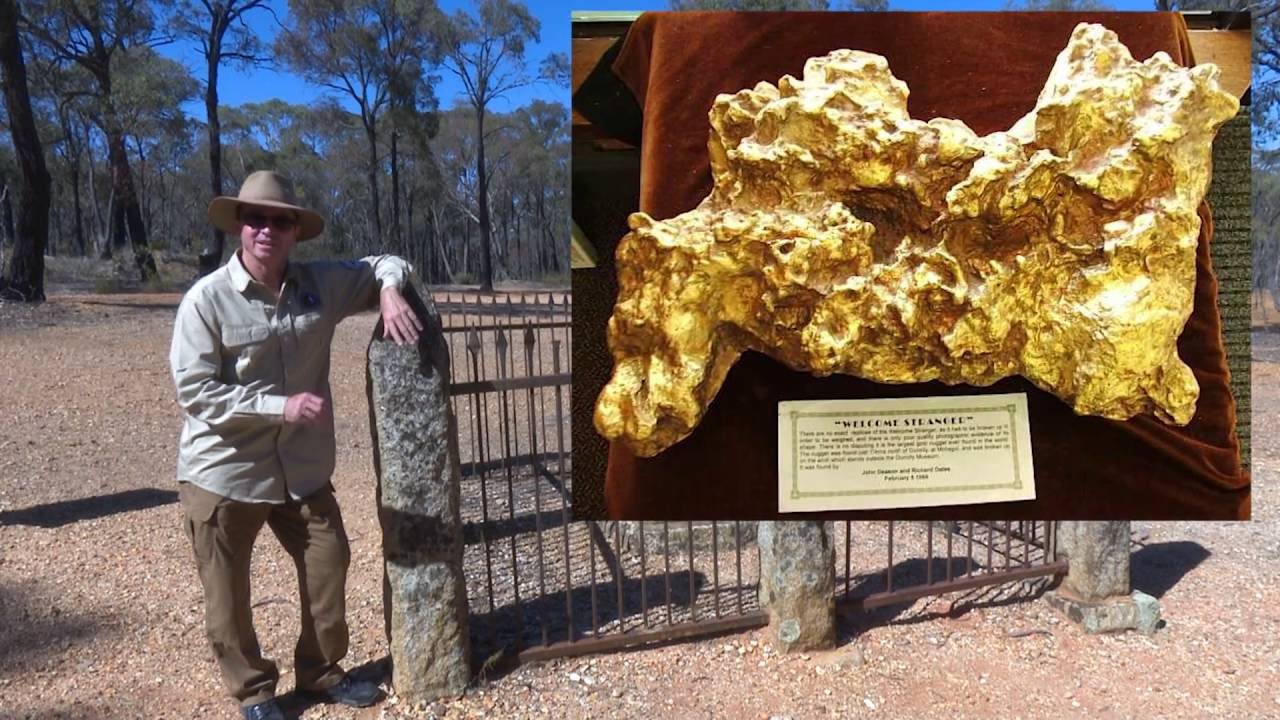
1909 Brussels, Technology: Belgian Louis Baekeland demonstrated the first synthetic plastic at the American Chemical Society. It became known as Bakelite. Used many products made from Bakelite but not so much anymore.
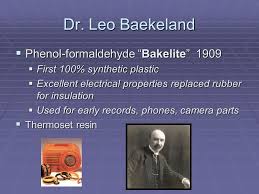
1922 New York City, Literature: The first issue of Reader’s Digest was published. Its thirty articles offered breadth in a compact form, it claimed. It abridging books it also sanitised and censored them to shape its audience. In the Reader’s Digest version Hamlet and Claudius shake hands and go to the bar together in Act V.
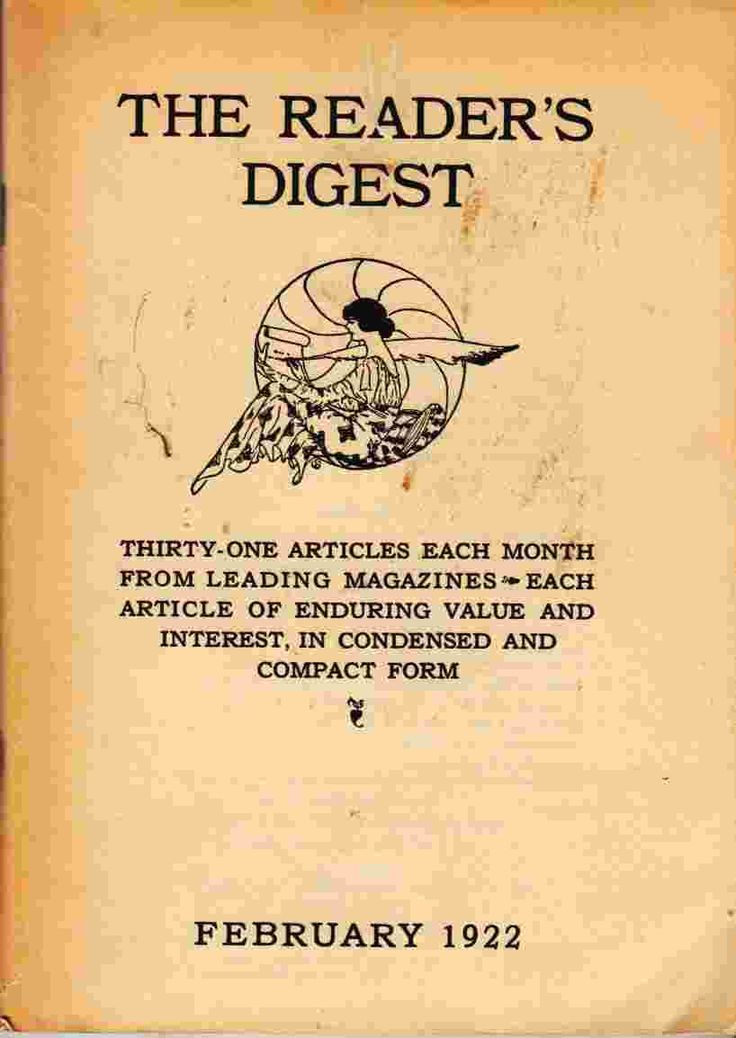
1924 Great Britain, Technology: The first Greenwich Time signal of five short and one long pip was broadcast the BBC to mark the start of the hour.
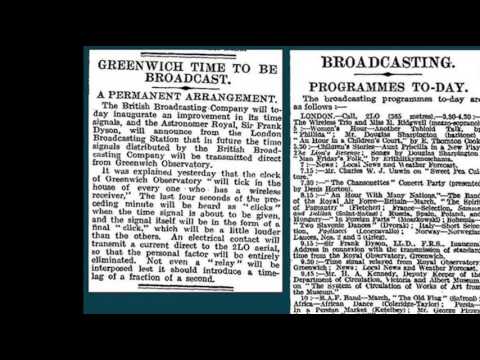
1946 Missouri, Politics: Winston Church visiting Harry Truman gave a graduation address at Fulton College in which he described ‘an iron curtain’ in Eastern Europe and evoked ‘the special relationship’ between the USA and Great Britain. Both expressions defined the Cold War that had already begun.
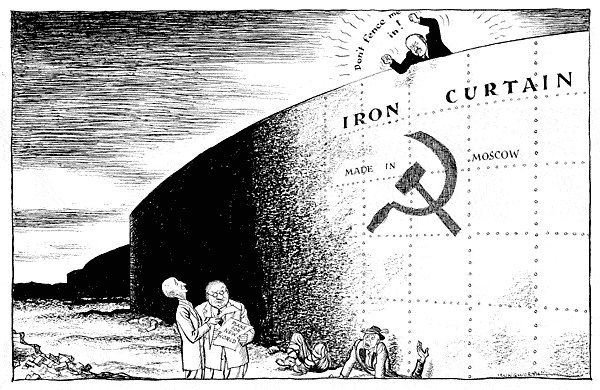
4 February
1600 Tycho Brahe interviewed Johannes Kepler for the job of assistant. Their association made strides in astronomy. I read John Banville’s novel ‘Kepler’ without much enlightenment. We saw some astronomy sights and sites in Prague.
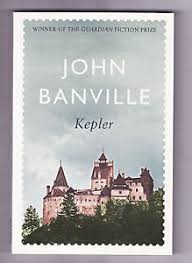
1697 Three Dutch East India Company (Vereenigde Oost-Indische Compagnie [VOC]) ships anchored off the coast of what is West Australia today. Dirk Hartog led the expedition and the island where they drew water now bears his name.
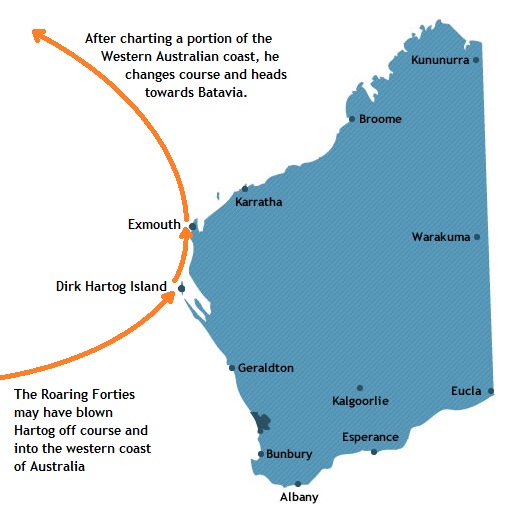
1938 “Our Town” by Thornton Wilder opened on Broadway. We have seen it more than once.
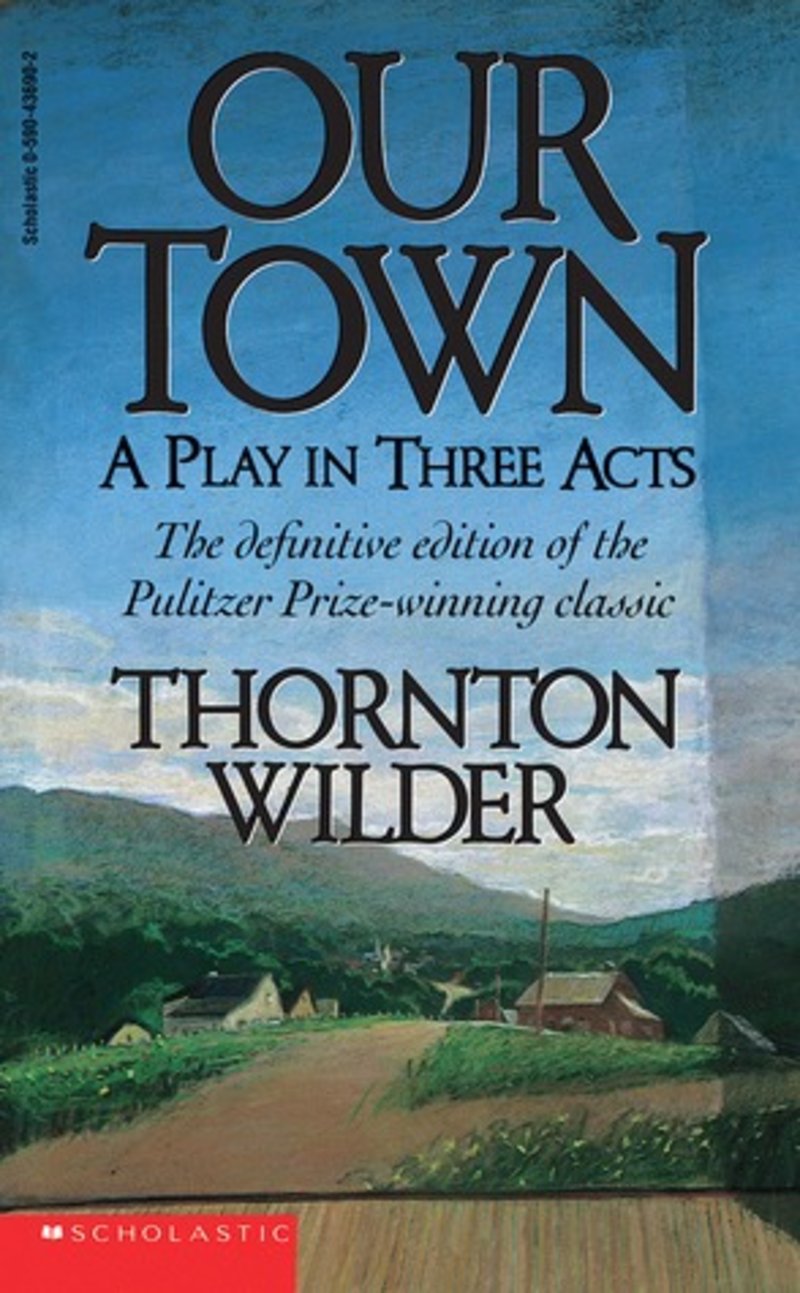
1948 Ceylon declared independence from the United Kingdom and took the name Sri Lanka. We recently saw ‘Counting and Cracking’ about the disintegration of Sri Lanka into civil war (1983-2009).
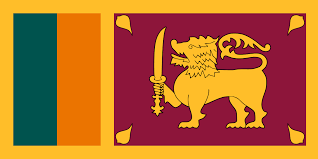
2013 A University of Leicester archeological dig in Leicester found the skeleton of King Richard III of England. It was a media circus for some reason. I have read Richard III several times but lost my marked up copy when I left it with a bookbinder to have it rebound and the binder moved premisses to Yagoona. The last Richard I saw was Kevin Spacey in a marvellous production. We have also seen cinema versions.

3 February
1916 The nineteen year-old Tristan Tzara created the first Dadaist performance when, wearing a monocle, he mounted the Cabaret Voltaire stage singing sentimental melodies and handing paper wads to spectators, followed by masked actors on stilts, and returning in clown attire. It made no sense and that was the point. The Dada Manifesto, which likewise makes no sense, followed in July. The absurdity of life seemed appropriate to the industrial slaughter of trench warfare occurring at the time. The idea that art needs not have a meaning has infused much of modern art that followed. In keeping with Dadaism sometimes the date is given as 5 February as in the plaque below.
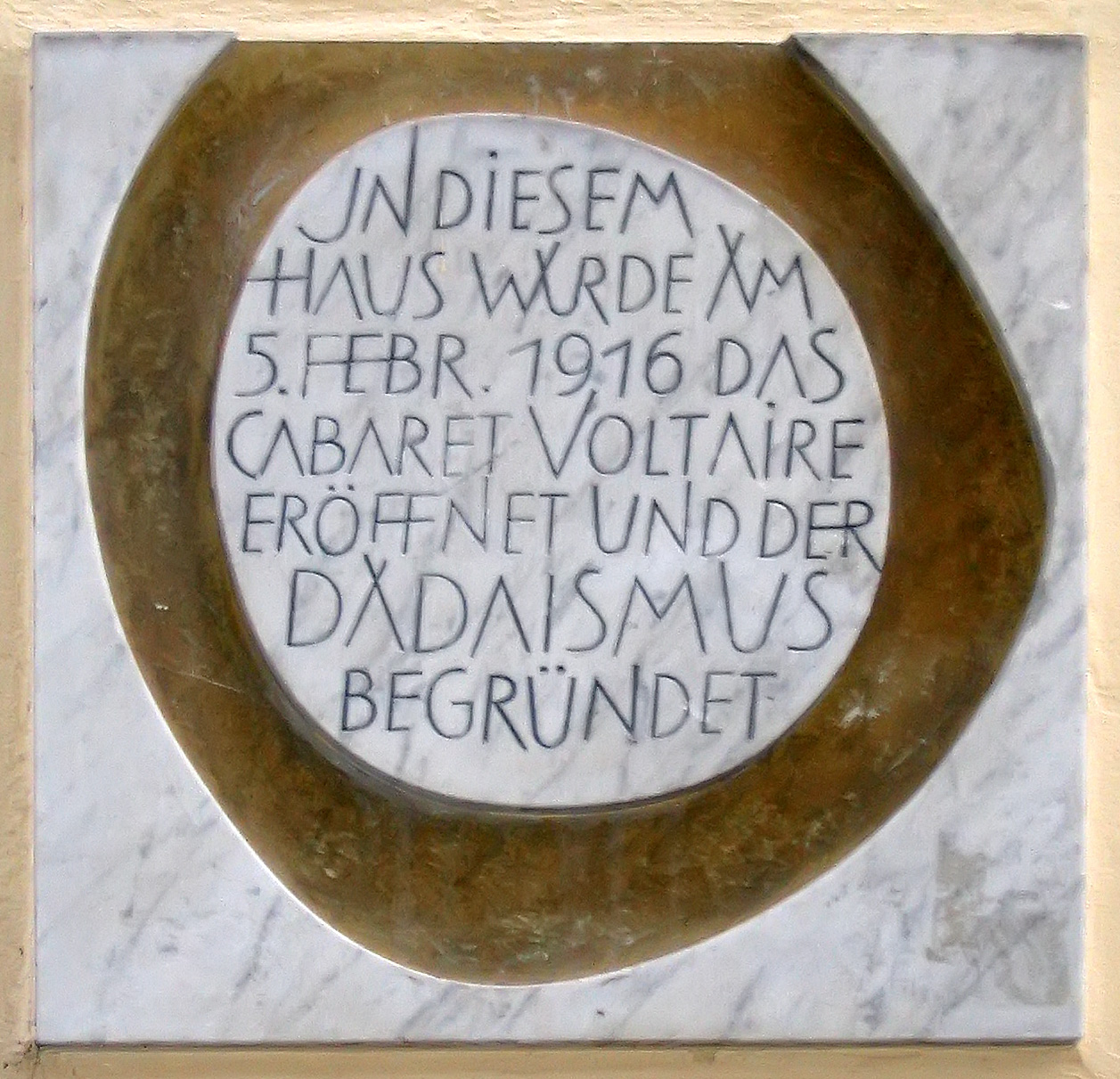
1931 After a brief visit H. L. Mencken called the state of Arkansas the “apex of moronia” in a region he said was “almost as sterile, artistically, intellectually, culturally, as the Sahara Desert.” HL always pulled his punches. Today HL would find many targets for his acid typewriter. Against the Mencken gild standard, Hunter Thompson is a pale imitation. A biography of Mencken is discussed elsewhere on this blog. Search and click to find it.
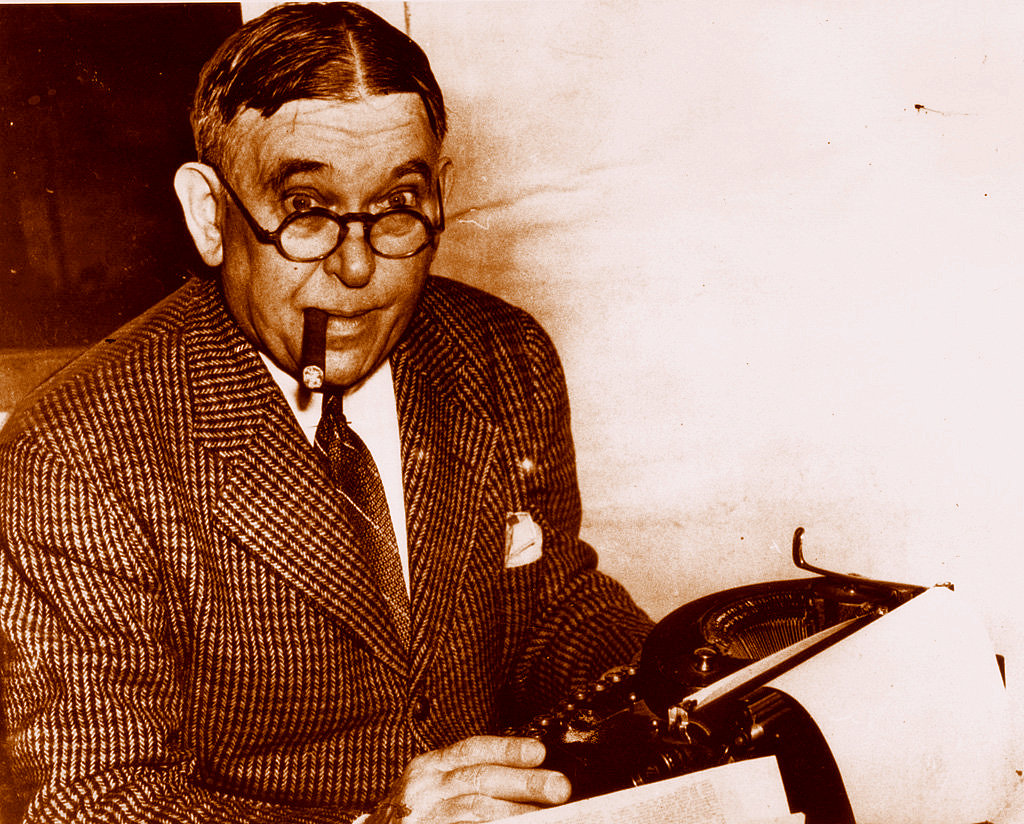
1954 Queen Elizabeth visited Australia, the first reigning monarch to do so. Baby Kates was taken to watch a procession.
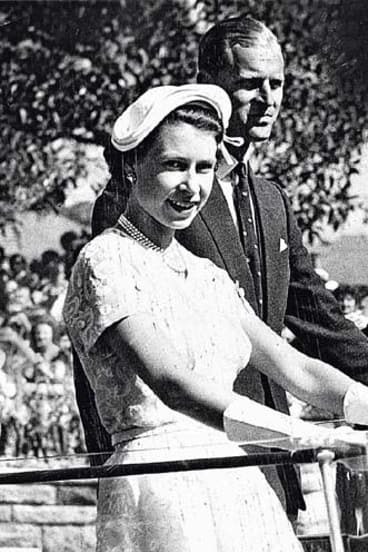
1960 Daniel in the den, British Prime Minister Harold Macmillan made the “Wind of change” speech before the all white parliament in apartheid South Africa. In it he accepted, even welcomed, black rule in African nations. His aim was to align Britain with the future, not the past. No doubt the hope was also to buy time with such a show of good will. The response in the room was an icy and stony silence.
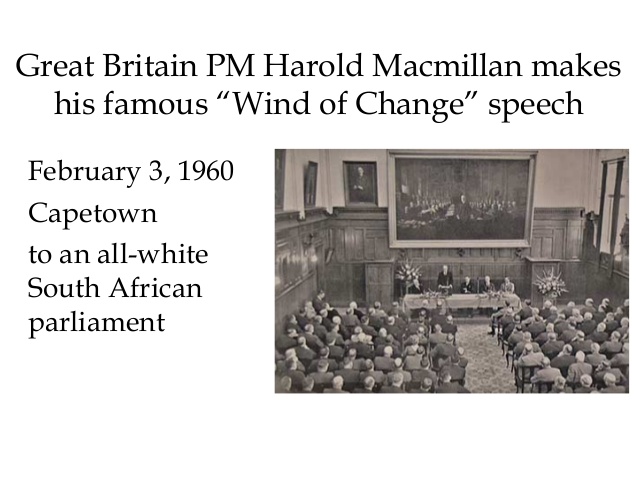
1966 The Soviet Union made the the first controlled landing on the moon, when the unmanned spacecraft Lunik 9 touched down on the Moon’s Ocean of Storms. After its soft landing, the spherical capsule opened like a chrysalis, deploying its antennas, and began transmitting photographs and television images back to Earth.
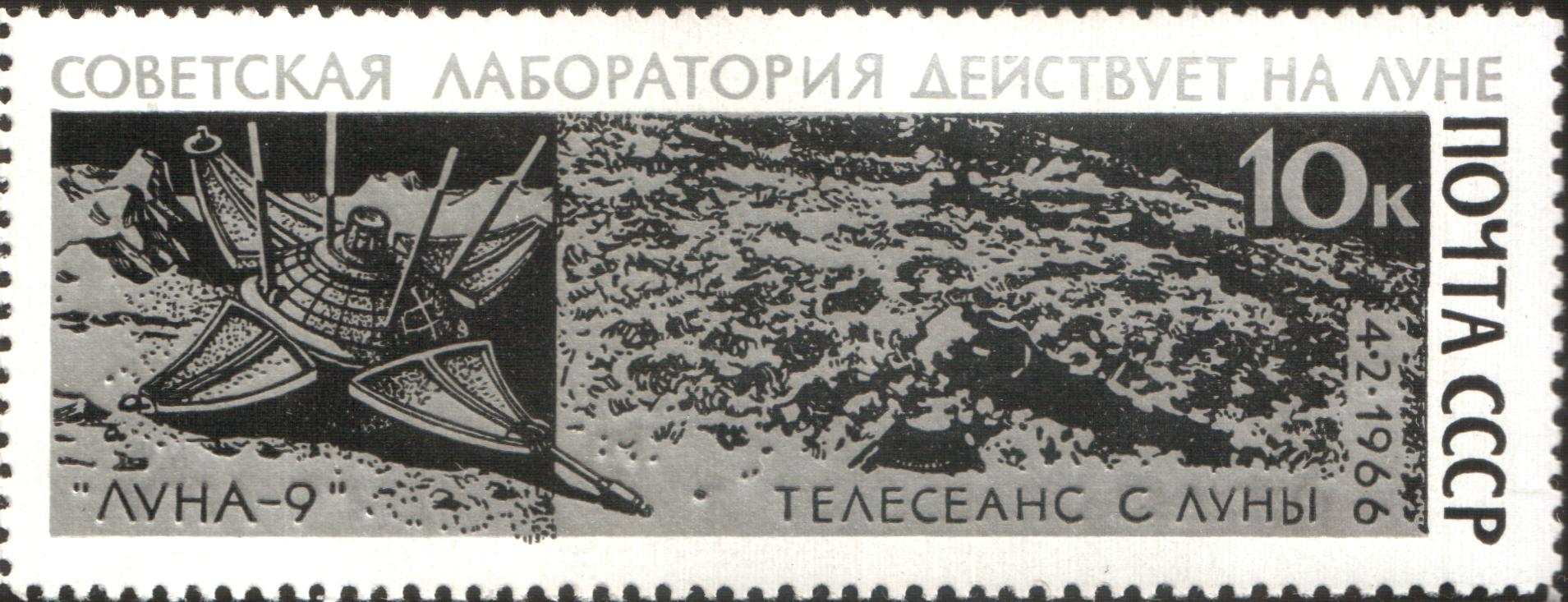
2 February
1542 Portuguese under Christovão da Gama occupied Bacento in northern Ethiopia. He was the son of Vasco de Game, himself an explorer and adventurer. I did not realise the Portuguese had gone inland at the Horn of Africa. The image below of Christovão da Game is on the monument to Portuguese explorers at Belem. Been there.

1653 New Amsterdam was incorporated as a city and a wall built to keep the English out. In 1674 the English took over. It became Wall Street. Been there. New York City, that is.
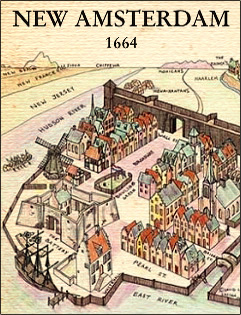
1709 Alexander Selkirk was rescued after being marooned on an island for five years. His story inspired “Robinson Crusoe.” Daniel DeFoe’s novel is full of ideas that have been drained from every film version I have seen. Read that.
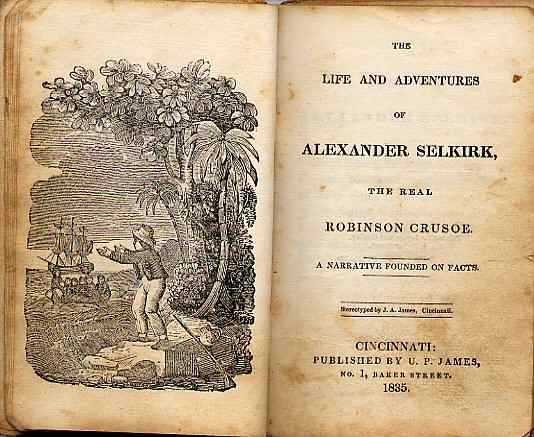
1899 The Australian Premiers’ Conference in Melbourne decided to locate Australia’s capital in a brown field. Rivalries and jealousies being to the fore, all agreed it could not be located in any existing city. Ergo a new city would be built for the new country in Canberra. Been there many times. The lore is that Jervis Bay on the coast was the preferred choice for access to the sea. However, that was also considered too vulnerable to attack from the sea. Some of that area is now a national park with its long white sand beaches. Been there, too.
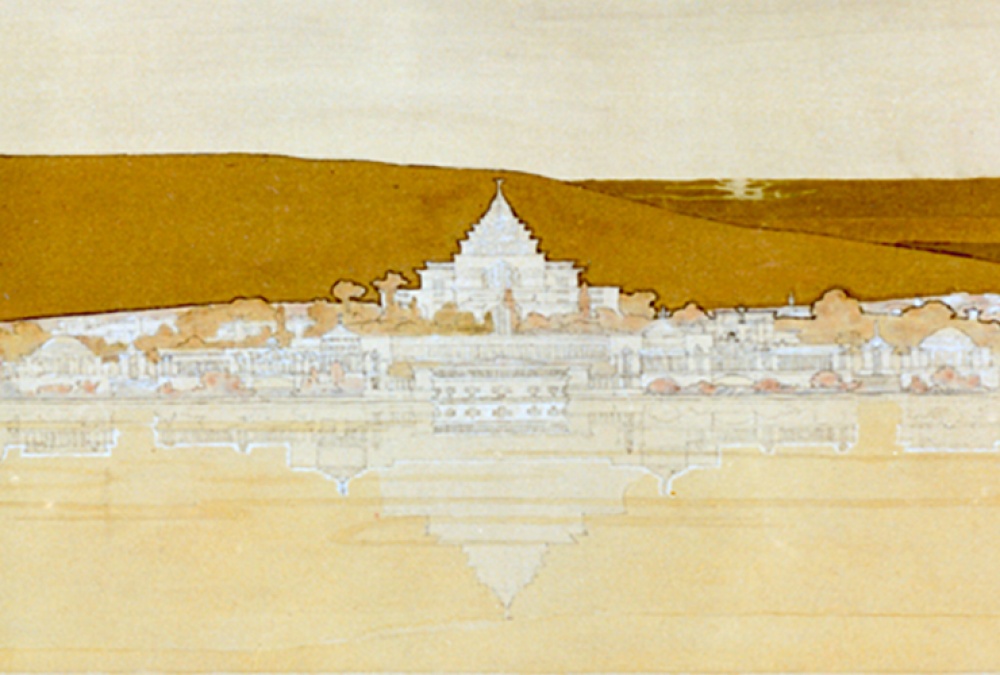
1922 James Joyce published ‘Ulysses’ in Paris in a print run of 1,000. I have read it and listened to scores of Frank Delany’s podcasts, some while Dr Painless was drilling my teeth. There is an entry on this book elsewhere on the blog. Get clicking. One of these Parisian editions today would sell for $USD 75,000.
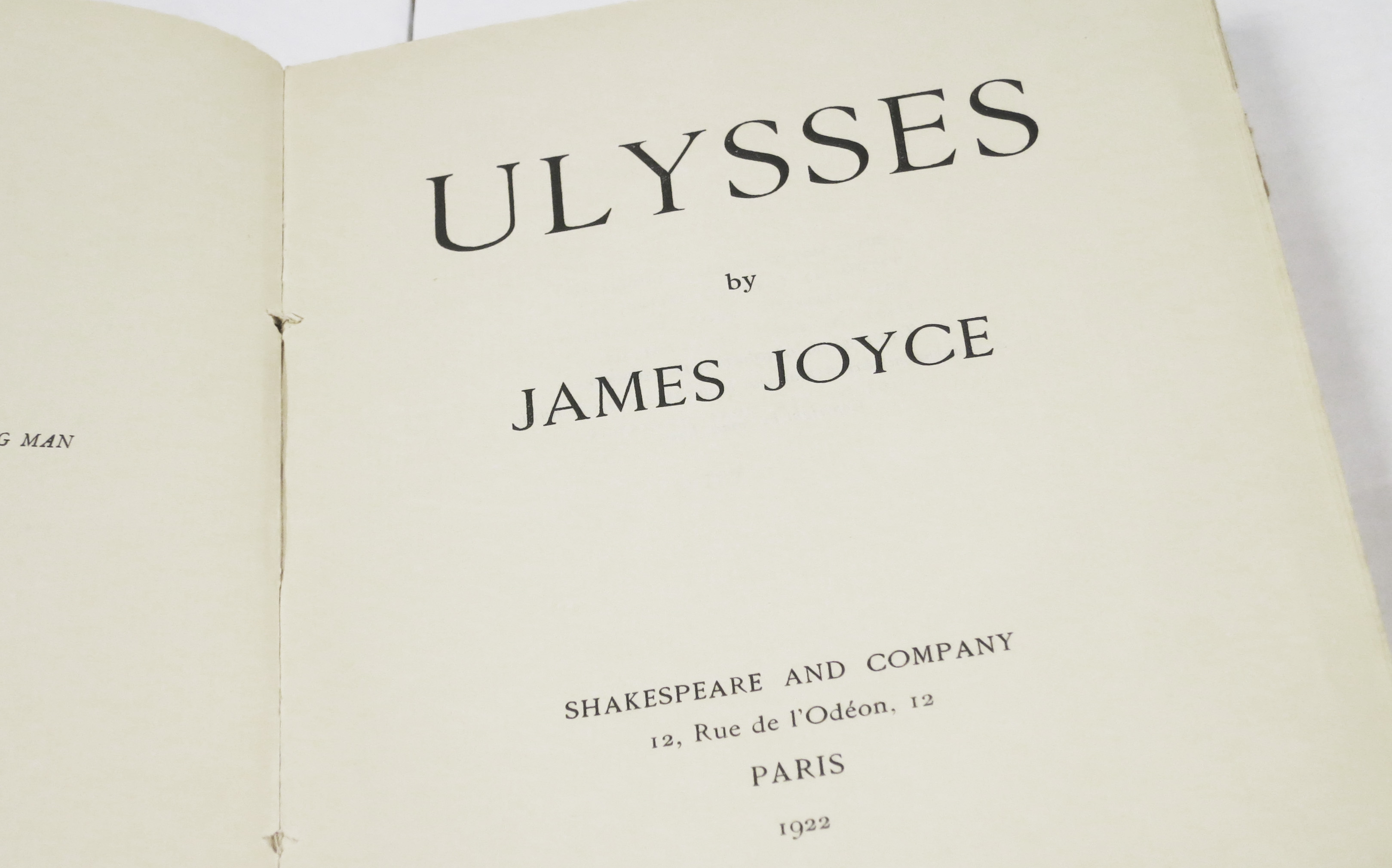
1 February
1884 The first fascicle of the Oxford English Dictionary went on sale. It was ‘A-Ant.’ Work had started in 1857. A ‘fascicle’ is an unbound sheaf of pages tied together. Only in 1895 was the name ‘Oxford English Dictionary’ used. The final volume containing ‘Z’ appeared in 1928. Pictured below is editing an entry on a main frame computer. We have consulted it many times in the Complete, the Shorter, the Concise editions, and now online. The copy of the Complete came with a magnifying glass to read the five-point type in the two hefty volumes.
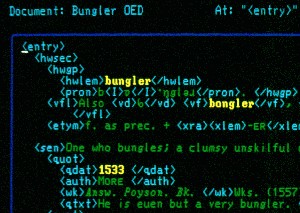
1896 Giacomo Puccini’s ‘La bohème’ was performed for the very first time at the Teatro Regio in Turin, Italy. We saw it recently at the Sydney Opera House and once again were lifted by the music.
1915 Opals were unearthed in Coober Pedy about five hundred miles north of Adelaide. We have known a few. It is the red centre, where the summer temperatures run to 47C and in mid-winter never below 30C. Ugh. No photograph captures the fire in opals.

1920 The Royal Canadian Mounted Police (Gendarmerie royale du Canada [GRC]) was inaugurated by combining the North West Territory Mounted Police with the Dominion constabulary. It required much negotiation with the provinces to divide jurisdictions. The Dominion plod got to wear the red coats. As a tweenager I sent in enough boxtops to buy a square inch of the Yukon where snow, ice, and tundra were discovered.
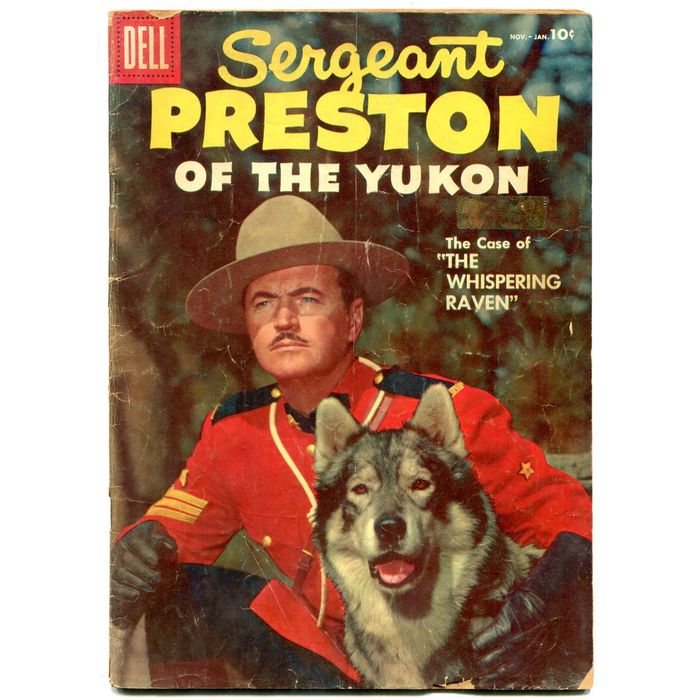
1981 Trevor Chappell bowled the last ball of the last match of the World Cricket Finals underarm to Brian McKechnie at the Melbourne Cricket Ground. The decision by captain Chappell to do this deprived New Zealand of a sporting chance to win. The incident still figures in the popular culture, especially, I am told, in New Zealand where it is evidence of …. [figure it out].
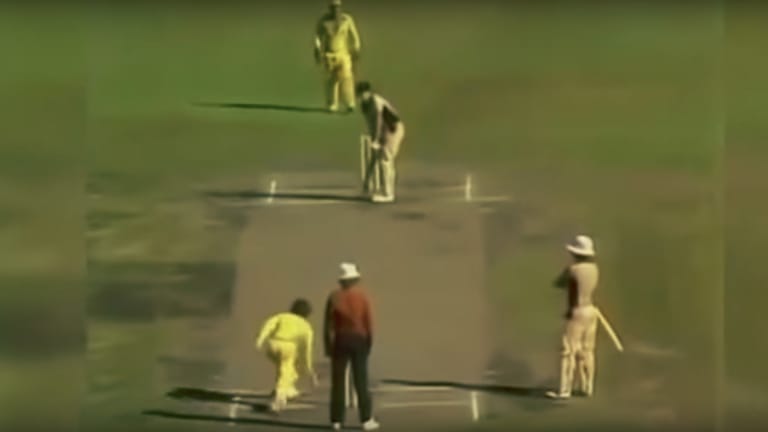
31 January
1851 Technology, Texas: Gail Borden developed condensed milk, which meant that milk could be kept without refrigeration for the first time. He used a vacuum pump and established the “Dairyman’s Ten Commandments” to ensure hygiene. He worked in Texas but returned to Connecticut to raise money to develop the invention. A few years later Borden’s milk was a substantial part of Union army rations in the Civil War.
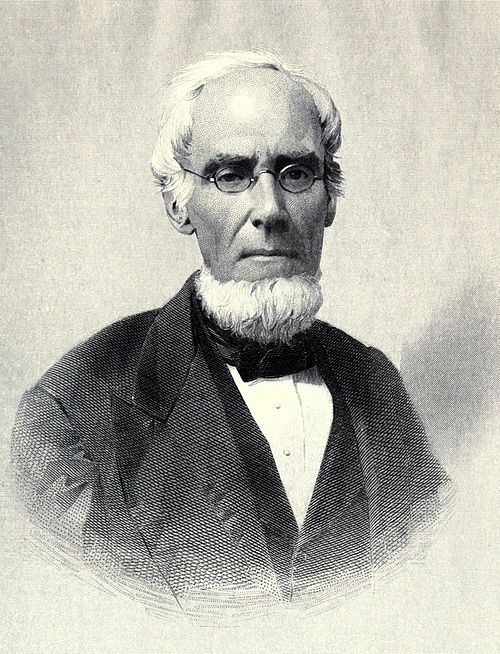
1901 Literature, Moscow: Medical doctor Anton Chekhov’s play ‘Three Sisters” opened at the Moscow Art Theater. Chekhov observed and listened to his patients and they inspired his imagination.
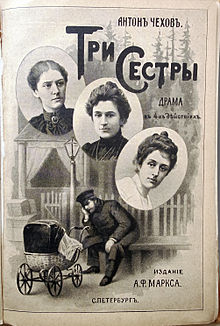
1961 Cinema, New York City: ‘The Misfits’ premiered, directed by John Huston from a screenplay by Arthur Miller. The taming of the mustangs for domesticity seems a metaphor for it three screen stars who were too big, too wild, too other worldly, too old, too vulnerable, too much of the past to live today. It was a doomed production in that it’s three stars died within a year. In hindsight, it has the inevitability of a Greek tragedy.
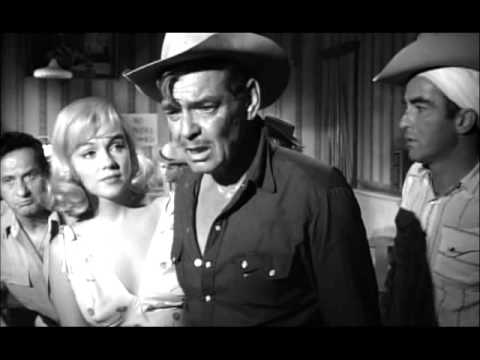
1983 Politics, London: To reduce deaths in traffic accidents, England required drivers and front-seat passengers to wear seatbelts. Red Queen Barbara Castle had long campaigned for mandatory seatbelts for a generation and had forced manufactures to include them when she was a minister of the crown. A biography of herself is to be found elsewhere on this blog.
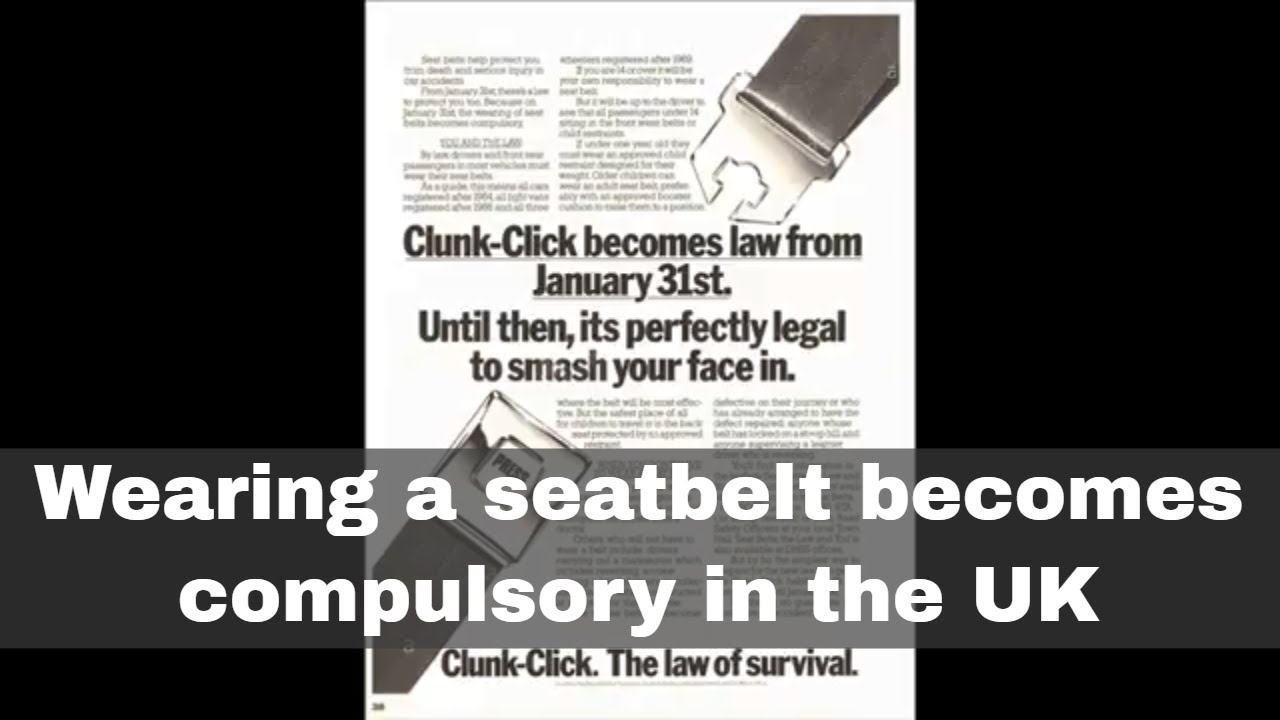
1990 Commerce, Moscow: The first McDonalds in Russia opened in Moscow; ti was and still is the world’s biggest McDonalds. More than 30,000 people lined up in deep winter for Big Macs. The emphasis was placed on courteous and considerate customer service and experience which was virtually unknown in Russia at the time. This Moscow McDonalds was a joint venture between McDonalds Canada and the Soviet government. It was a great success and we saw more than one on our Russian sojourn, but none from the inside.
